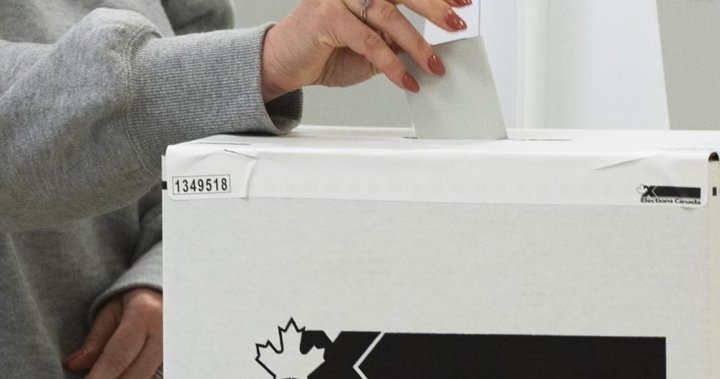The public inquiry into foreign interference in Canadian elections revealed that China attempted to meddle in the 2019 and 2021 elections. While the evidence is unclear on whether or not they succeeded, Canada’s spy agency has identified China as the most significant source of foreign interference. Russian disinformation and Iran-linked intimidation campaigns also pose a threat to democracy, but there is no strong connection to meddling efforts in Canadian elections. A panel of top bureaucrats, known as the “panel of five,” monitors foreign interference and issues warnings if a threat to the integrity of the vote is identified. It was reported that interference in the 2019 election was directed largely from China, and to a lesser extent from India and Pakistan.
During the inquiry, Canada publicly identified Pakistan as a source of foreign interference for the first time. Canadian Security Intelligence Service believed Pakistani officials likely tried to clandestinely influence and support Canadian politicians of Pakistani descent in the 2019 election. China has been known to mobilize support for preferred candidates, channel donations and support to their campaigns, and target and leverage families using threats and intimidation. Beijing and New Delhi have also been accused of transferring cash to candidates who are less critical of their governments without the candidates’ knowledge.
The inquiry uncovered a widespread misinformation campaign primarily targeting Chinese speakers on social media platforms like WeChat, aiming to dissuade the Chinese-Canadian community from voting for the Conservatives. However, a definitive link between the campaign and state-sponsored meddling remains unclear, as the threshold for alerting the public is high to prevent jeopardizing Canadians’ faith in the election. Former Conservative leader Erin O’Toole testified that the misinformation campaign may have cost him seats in the last election, but intelligence officials dispute this, stating it is difficult to measure the campaign’s influence at the ballot box.
Foreign interference has had an emotional toll on politicians, with NDP MP Jenny Kwan being informed by CSIS that she was a target for China. Some constituents have expressed fears for themselves and their families if they were to support her. Much of the testimony and evidence before the commission focused on accusations and intelligence related to Toronto MP Han Dong, who left the Liberal caucus amid allegations of Chinese meddling. Dong denied knowledge of coercing international students to vote and soliciting support from high school students with Chinese citizenship. He had also discussed with Chinese diplomats the imprisonment of Canadians Michael Kovrig and Michael Spavor.
Prime Minister Justin Trudeau was warned about irregularities in Dong’s nomination contest during the 2019 election but chose not to overturn the nomination due to lack of evidence. The CSIS director briefed Trudeau on the overall threat landscape related to foreign interference and specific instances of potential meddling. Trudeau was warned that Canada lags behind other Five Eyes allies in tackling foreign interference, which will persist until it is considered an existential threat. The commission is expected to deliver a preliminary report by May 3 and final recommendations by the end of the year, with another round of hearings focused on Canada’s capacity to detect and deter foreign interference scheduled for September.















